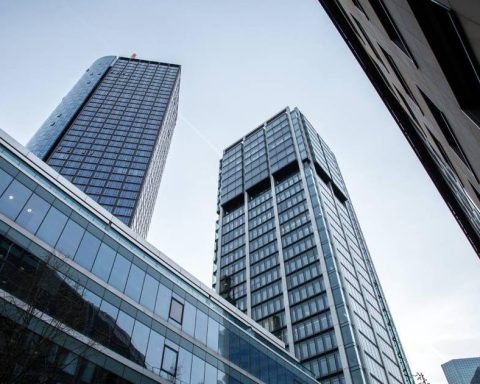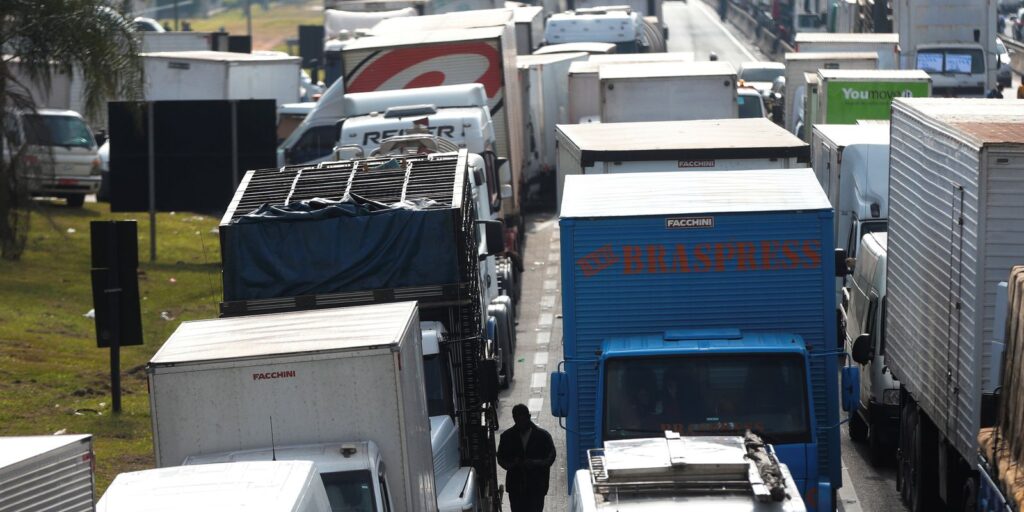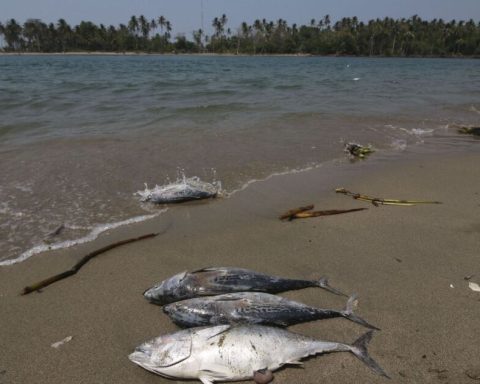Colombian companies play a key role in the future of the social fabric, a commitment that must be assumed and promoted by the leaders of the sector. That’s how he put it Luis Fernando Pérez, executive president of the Cali Chamber of Commerce.
The manager recognized that the dialogue with the Government generates good expectations about this future of the sector.
(Read: The fashion entrepreneurship that uses recycled cotton in its garments).
What is the business reality of the country?
We have just carried out the business rhythm survey, in which 26 chambers participated, close to 7,000 companies that were answering how they see both the prospects for their companies and for the country’s economic development.
We have seen three fundamental points. The first, growth in sales: we come with a tailwind, the strong reactivation effort has taken us at a good pace in 2021 and 2022 and that tailwind has brought us what businessmen are feeling, good behavior in sales.
However, that wind is beginning to end, which is normal, the new cycle will be what they call a headwind and what we have to prepare for is a 2023 and 2024 with greater difficulties, businessmen are beginning to see a degree of uncertainty going forward, something to highlight.
What is the particular reality of the Valley?
It is exactly the same. We have been seeing the increase in the prices of raw materials, of logistics costs, as in the whole country, but sales are increasing; this year there are very good purchase orders, sensing good dynamics, but all that is beginning to end, clearly, and it is part of the challenge for everyone, both the government and the business sector, about what is coming for next year.
Luis Fernando Pérez, president of the Cali Chamber of Commerce
Courtesy of the Cali Chamber of Commerce
What have you discussed with the government? What are your proposals?
The dialogue that the Ministry of Finance is carrying out to clarify its important points, such as the tax reform, has been very important.
But beyond that there are three fundamental challenges: the first is that once the tailwinds decrease, the responsibility lies with everyone; from the government but also from us on how to address a much broader concept of competitiveness, understanding the two actors that this term implies a triple impact approach, economically, socially and environmentally.
(Also: Gustavo Petro’s requests to the chambers of commerce).
A second challenge is job creation. This is a responsibility among all to find in the formalization of employment, the training route and the training of young people and where there should also be a role of gender specialization.
And the third is linked to productive diversification. The government has stated that this is one of its main objectives. There we see the strengthening of the business development of our micro and small businesses, the basis of the business fabric.
In that conversation we raised the need to increase productivity, technical assistance, review of new markets for export and access to financing. We see good signs of setting an agenda in this regard and the consolidation of the role of the chambers of commerce in the focus of diversification and productivity for the country.
The Government has talked about the diversification of exports, what to expect in this regard?
It is aligned with what we do. If we have to take something into account as chambers of commerce, we have to generate enabling conditions for this diversity of exports.
We work on different internationalization programs and also with foreign direct investment agencies to bring capital to seek new destinations that allow our companies of all sizes to grow.
We await new messages of confidence from the government to continue the work we are already doing.
What will be the future of sustainability?
In two dimensions. The first is the importance of maintaining the incentives to have triple impact programs and programs such as the BIC companies, since there are 2,000 companies in Colombia that understand that their production chain must be tied to a sustainability approach, both social and environmental, and not only to the economic growth that the company has.
Secondly, it is the effort that our entrepreneurs make in this regard. We have seen a great boom in new ventures in the country because we understand that the new business model must be sustainable in terms of both social and environmental impact.
Currently we cannot talk about sustainability only in environmental matters, in social matters it is very important and there it implies working to close those gaps.
(Keep reading: These are the sectors that have recovered the most after the pandemic).
What is the biggest business challenge in the country right now?
Are two. The first, understanding that business development today has dynamics of social and environmental sustainability, are fundamental. The work for equity and the reduction of inequality has to be between everyone. That connects me with the second message: the leadership of the business sector.
What we are seeing is a society that needs the business sector to have a strong voice, to tell society everything it does, and in this regard, actors such as the chambers of commerce have been fundamental in showing what our sector does in terms of social impact and collective construction. Those would be the most important messages for directors.
Roberto Casas-Lugo


















